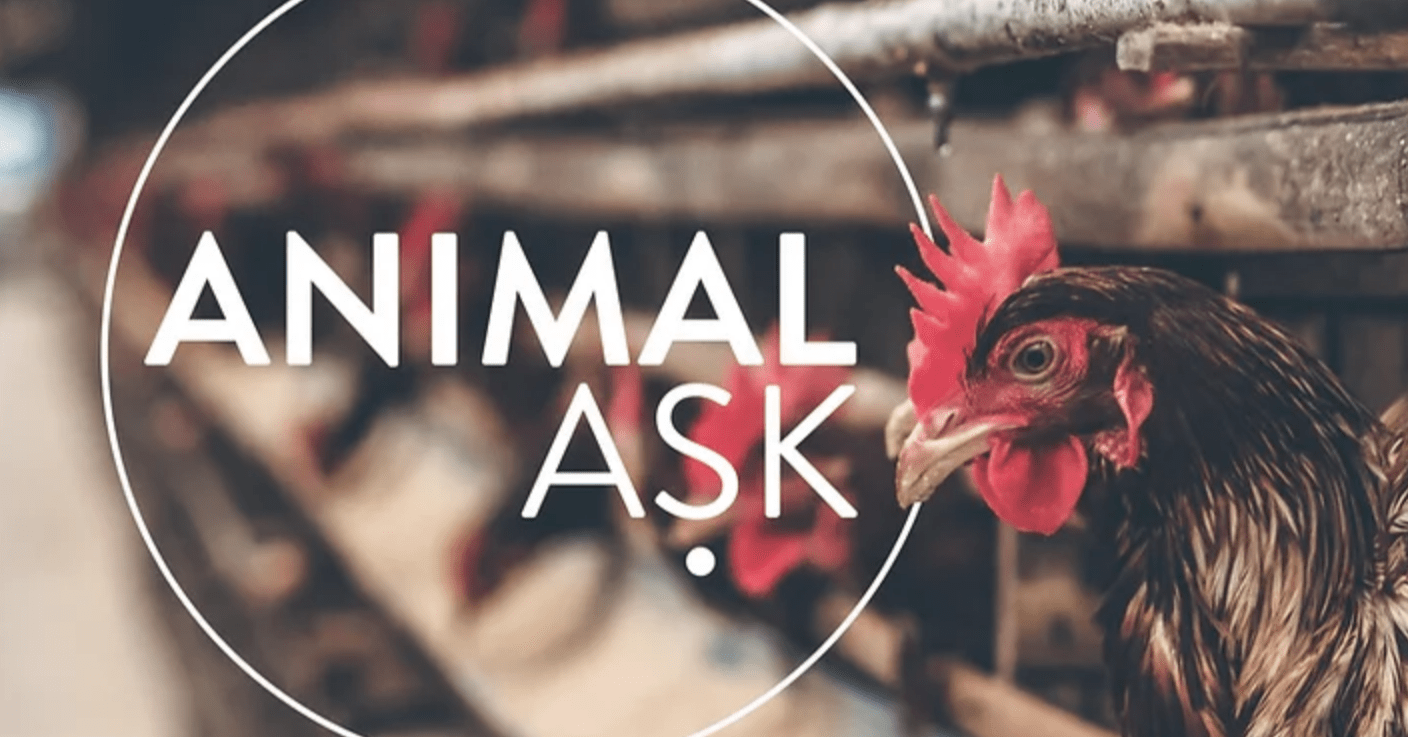A report by Animal Ask authored by Ren Ryba.
This report is also available on Animal Ask website.
From the Summary
At Animal Ask, we spent most of 2023 conducting prioritisation research to identify the most promising goals and strategies for the animal advocacy movement. The aim of that project was to identify goals and strategies that could be more impactful than the current leading campaigns (e.g. cage-free campaigns). If we succeed, we can unlock new opportunities for the movement to help even more animals.
This article outlines one component of the methodology we used for that research. Specifically, to guide our research on new interventions for the animal advocacy movement, we needed a framework that allows us to quantify the subjective experiences of animals. For example, if we were comparing two campaigns—say, a) phasing out fast-growing breeds to reduce suffering in broiler chickens and b) implementing more humane pesticides to reduce suffering in wild insects killed on agricultural land—we would need to produce a quantitative estimate of the potential impact of these two campaigns.
In essence, our framework allows us to systematically compare different campaign opportunities in how good they are for animals—and these comparisons can be made across different species, across different intensities of experience (e.g. mild vs extreme suffering), and across both positive and negative experiences. The framework allows us to be clear and transparent about the worldviews, philosophical positions, and/or empirical assumptions that are used in drawing conclusions about particular campaigns.
Acknowledgments
Our framework is heavily based on the existing Cumulative Pain framework, which was developed by the researchers Wladimir J. Alonso and Cynthia Schuck-Paim, from the Welfare Footprint Project.
To make comparisons of subjective experiences across species, the most comprehensive and relevant evidence comes from the Moral Weight Project conducted by Rethink Priorities
Feel free to let us know your thoughts, suggestions and critiques.


